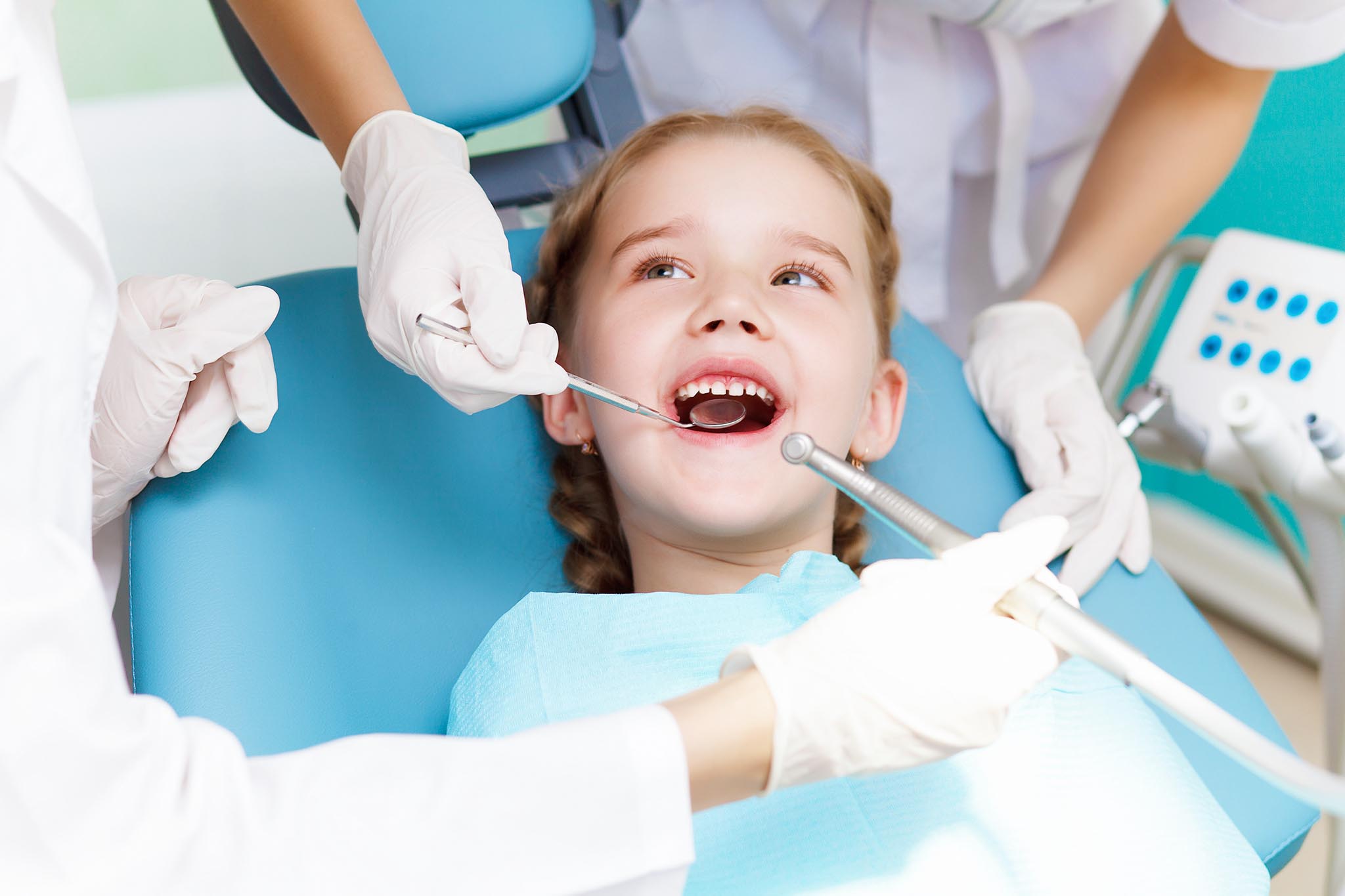Pediatric Dentistry Pedodontics
Pediatric dentistry is called Pedodontics in medical language. This speciality is a
very important branch that investigates dental problems and diseases of children between
the ages of 0-15, and works on the protection of milk teeth and primary teeth, treatment
of diseases, overcoming various traumas and preventing tooth loss in children through
preventive dentistry practices.
Child psychology should be well known and acted accordingly, they should be approached
softly, so that they get used to dental controls and treatment process. Thus, as a
result of informing children about dental care, it is ensured that they grow up with
this awareness. Pedodontists should first of all ensure the trust of the child. After
providing this, the treatment process can be carried out more easily and effectively.
The first judgements about dental treatment have the power to negatively affect the
whole life. In order for children not to develop fear of the dentist, first of all,
their first experiences should be fearless and full of confidence. Parents should not
leave their children alone during dental treatment and controls. Thus, children who come
to the dentist with the support of their family under the assurance of their family get
away from feelings of fear and anxiety.
Importance of Milk Teeth
Milk teeth are the first teeth that come out at certain time intervals during infancy
and will later be replaced by permanent teeth. Milk teeth are ignored by many families
because they will be replaced. However, milk teeth should also be cared for and treated
if necessary.
Milk teeth are the teeth where the first nutrition is made. Milk teeth also affect jaw
development. Milk teeth, which have a great importance during pronunciation, also affect
speech as a result of traumas such as caries and cause some letters not to be pronounced
properly. In addition to these, neglected caries cause many problems ranging from
malnutrition to deterioration of aesthetic appearance as well as bad breath. Again, in
children whose milk teeth are extracted or who have problems with these teeth, gum and
jaw diseases continue after the permanent teeth come out.
Children have 20 milk teeth. Milk teeth in children are usually spaced. The reason for
this is to ensure that the permanent teeth are properly placed, and any loss of teeth
makes it difficult for the permanent teeth to settle and erupt by shifting the teeth
towards the gaps, causing crowding of the teeth and causing chewing and speech
disorders. These teeth can also decay like permanent teeth or require various
treatments. Premature extraction of teeth can affect the placement of permanent teeth
and even cause insufficient space for permanent teeth. Every child should be taken to
the doctor every 6 months. This is because check-ups enable early diagnosis of the
problem, thus facilitating treatment and preventing irreparable damage.
During the first dental check-up, the child and his/her parents should be emphasized and
communicated with effectively. The child's history is then taken and the dental history
is examined. This is followed by clinical examinations and radiographic procedures.
Parents should be informed during all these stages. The dentist you take your child to
can provide you with information about tooth brushing methods, cleaning habits, oral
hygiene and various applications.



 Türkçe
Türkçe

